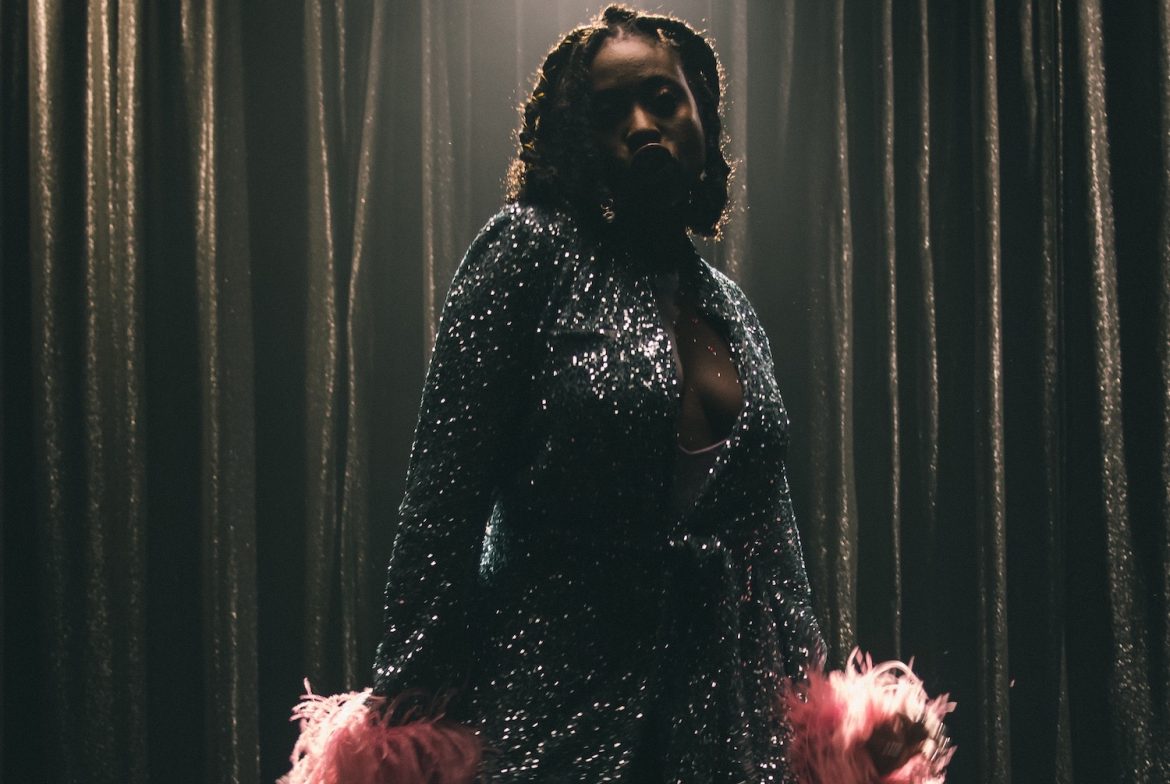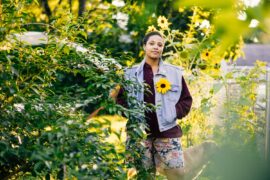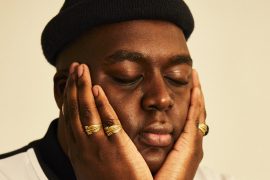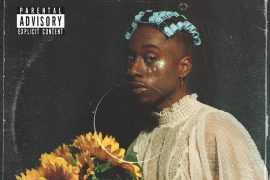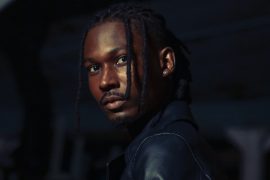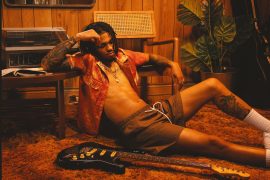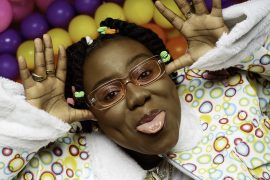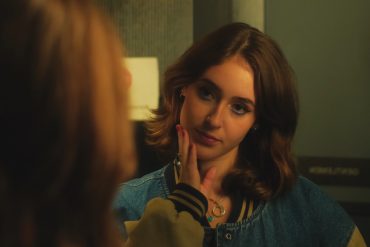This Black History Month, Atwood Magazine has invited artists to participate in a series of essays, interviews, reviews, poetry, playlists, and more features in recognition of, and out of respect for the symbolism and significance of this month.
Today, Body Language frontwoman Angelica Bess shares her poem, “ARE WE THERE YET?” as a part of Atwood Magazine’s Black History Month series. A Brooklyn-based electronic/alternative music group active since 2008, Body Language have released four studio albums over the past decade. Their latest LP, 2020’s hypnotizing Travel Guide, offers an entrancing genre-bending set of experiments with psychedelia, soul, R&B, funk, and more elements that make it the band’s most provocative and compelling work to date. From the incredibly catchy, intoxicating “Start It Up” and the inspired dance track “We Can Freak” to the defiantly expressive “Catcaller” and radiant songs like “Get out the Way” and “Thursday Vibes,” Travel Guide is a soaring breath of fresh, sun-kissed sound.
“Black history month is not just a month for me, it’s more of a timeline of honoring the countless number of Black people who have changed the world around us. Every waking moment I aspire to collect as much knowledge and admiration for people of color and the complexity of our work. To me It’s about learning how to follow in the footsteps of the bravest individuals who have journeyed through the trials and struggles of race and identity. The love for my people grows wider and wider as I discover one black figure after another strongly representing themselves and their own story because there is never just one kind of black story.”
“My relationship between music and Black identity is something I am consistently working through as I have many identities that represent who I am and where I came from. I grew up with a range of cultures raised in a Afro-Latin American household. We had a large music collection of multiple genres from soul to rock and roll. My father introduced me to Erykah Badu’s Baduizm when I was 8. I mirrored my sisters’ obsession of 1980s-1990’s hip hop and r&b starting from childhood. And my mother’s taste for ambient music and new age jazz has never ever left me. But being from Jersey, I couldn’t escape the Emo/punk/rock scene which I also loved. I found myself questioning my identity as black girl listening to music predominantly by white people or for white people. I suffered through some trauma on both sides of the spectrum about what was considered “black music” and “white music.” As I started writing and collaborating with other musicians, all of my influences started collectively seeping through and there was nothing I could do about it.. That’s when I realized what it’s really about makes you happy and what sticks to you from the beginning.” – Angelica Bess
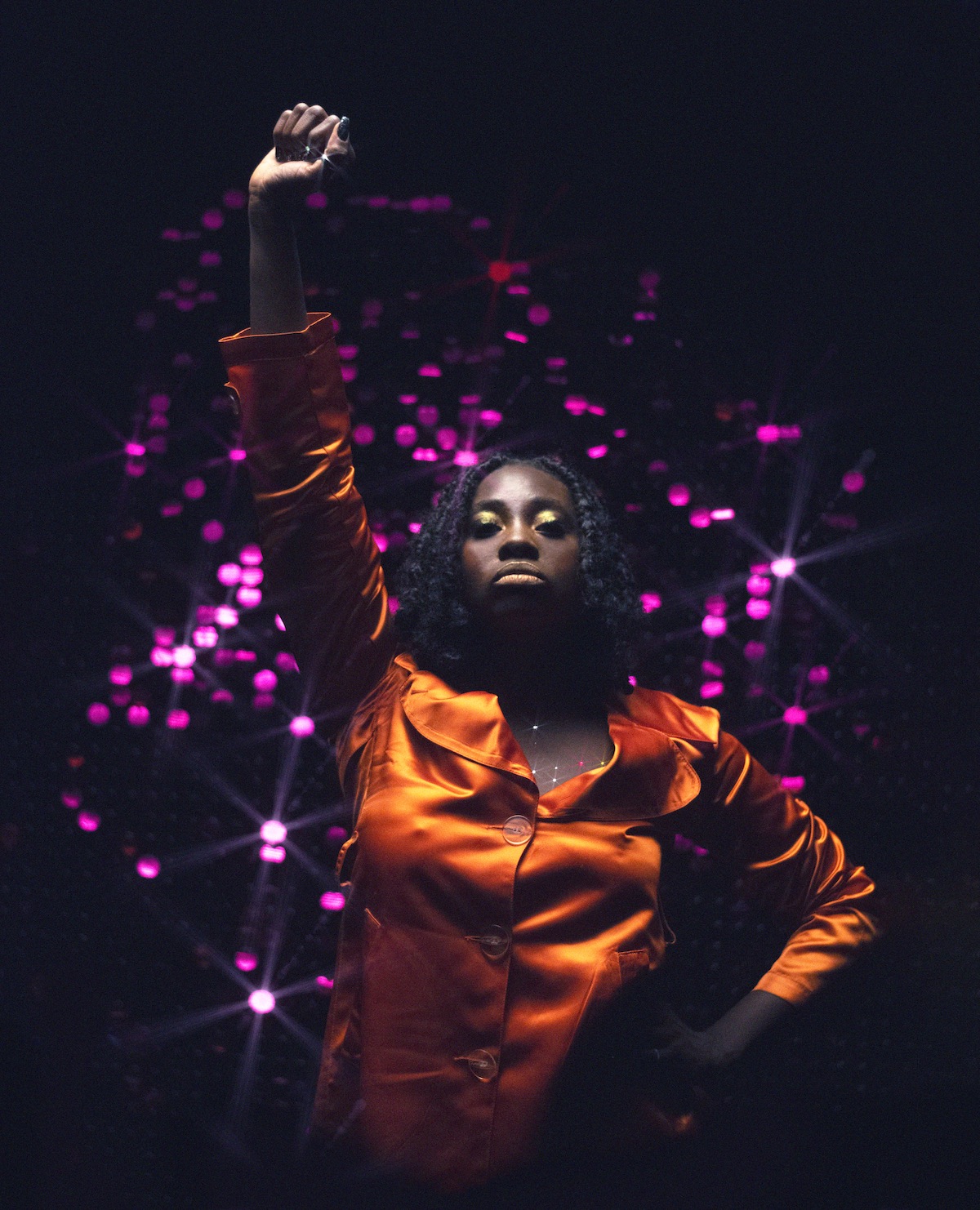
•• ••
ARE WE THERE YET?
poem by Angelica Bess
Are we in this together
or will this be till forever?
Are we in this together
like flocks of a feather?
Yes, we’re complex – it’s complicated, ya see
Tell me is this the place where we wanna be?
Take my temperature, tempers are rising
Tell me what are we, what are we hiding?
Are we in this together,
or will this be till forever?
Are we in this together,
while our hearts are so tender?
You’re offsides on the side of the bigoted
We can’t breathe in these oceans we’re drowning in
When will we be the last ones still standing?
Will you promise us a safe and sound landing?
Are we in this together,
or will this be till forever?
— —
— — — —

Connect to Body Language on
Facebook, Twitter, Instagram
Discover new music on Atwood Magazine
? © Nat Magliore @natmagliore
:: Stream Body Language ::

